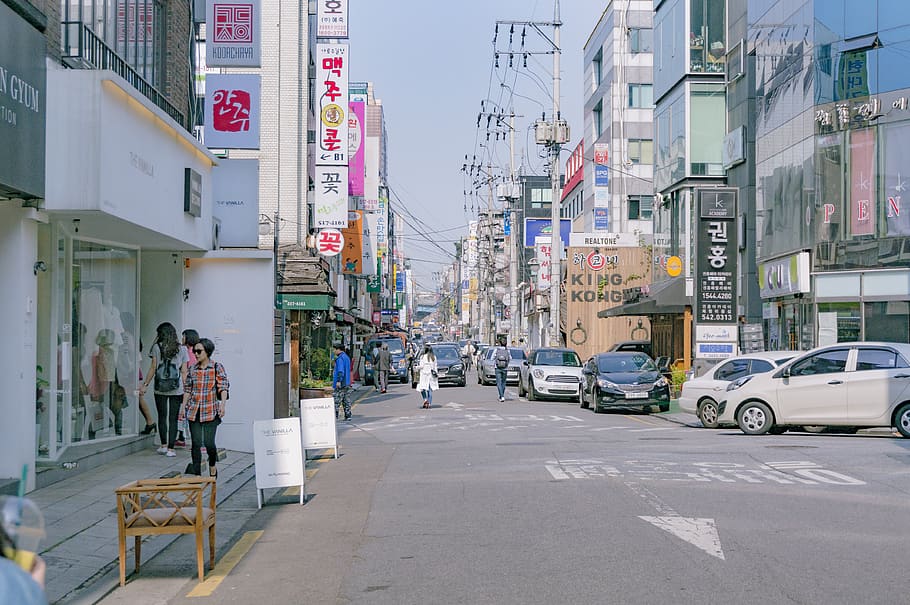The US’ many whistleblower reward programs are very well known, even outside legal and anti-corruption circles. It’s no secret that American laws enable people who report tax evasion, foreign bribery, and various financial and environmental offenses to receive monetary compensation.
Halfway around the world, another reward system arguably has been just as successful as the US in motivating people to report misconduct, prosecuting criminals and recovering squandered funds. The only difference is that hardly anyone outside of the country knows anything about it.
Since 2008 the Republic of Korea has paid 26.5 billion KRW – $22 million – to people who reported corruption, public safety violations, unsafe consumer products and environmental harm. Among these 7,103 cases is the person who received $425,000 for helping South Korean authorities recover $4.4 million from a crooked hospital, the person who earned $100,000 for helping authorities recoup $480,000 from a crooked research organization, and the person who was paid $17,000 for exposing a crooked defense contractor.
As staggering as these figures are, the big number is this: whistleblowers have been directly responsible for bringing in 314 billion KRW – $265 million – in benefits to Korean society. That would be enough to cover one-year scholarships for 85,000 students to attend the University of Seoul.
Reading through the new annual report of Korea’s Anti-Corruption and Civil Rights Commission is like looking into a crystal ball of the future of whistleblower rights and rewards.
South Korean citizens have submitted 61,000 reports of alleged corruption since 2002. The impressive results: 1,782 corruption cases have been opened, 4,452 people have been prosecuted, and 2,029 people have been disciplined.
Citizens have sent 33,000 reports since the whistleblower law was passed in 2011. Most of these involved public health problems including unsafe food and unlicensed medical products, public safety problems including faulty construction and inadequate firefighting facilities, the environment, consumer protection and unfair competition. Fully half of these reports were forwarded to investigators, leading to 1,874 prosecutions and 2,053 fines.
Since 2008, 685 people have asked the Commission for employment, physical and other protections. This was granted to 210 people, including an employee who reported a company’s fraudulent claim for public subsidies, and an employee who reported the improper euthanizing of abandoned animals.
Commission Chairperson Pak Un Jong wrote in the annual report that the agency is “committed to creating a society free of corruption and foul play,” including “expanding the scope of protection for public interest reporters”: whistleblowers.
Still, the Commission isn’t satisfied with this remarkable track record. It wants to do even more. Last year a key anti-corruption law was amended to allow citizen to use “proxy” lawyers to file reports on their behalf, thus shielding their identity. Better still, the government will pay these legal fees.
The amendments also increased the penalties for certain violations. Improperly revealing a whistleblower’s identity is now punishable by up to five years in prison or a $40,000 fine. Failing to stop retaliation is now punishable by up to one year in prison or a $8,000 fine.
These programs are in addition to Korea’s two highly successful reward programs for tax whistleblowers. These paid 51 billion KRW – about $44 million – in more than 2,000 cases from 2010-17.
